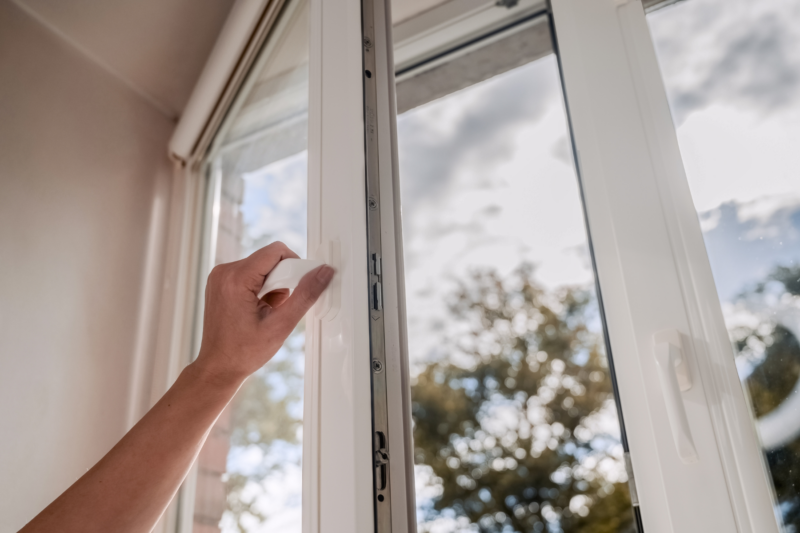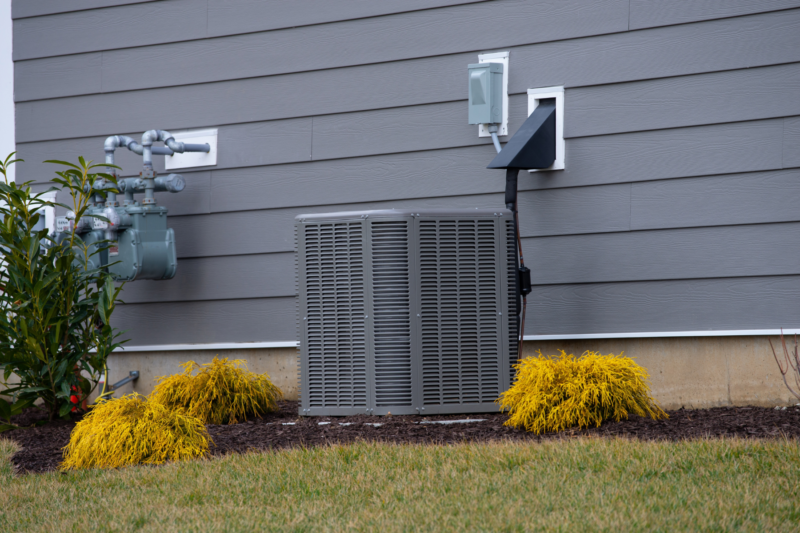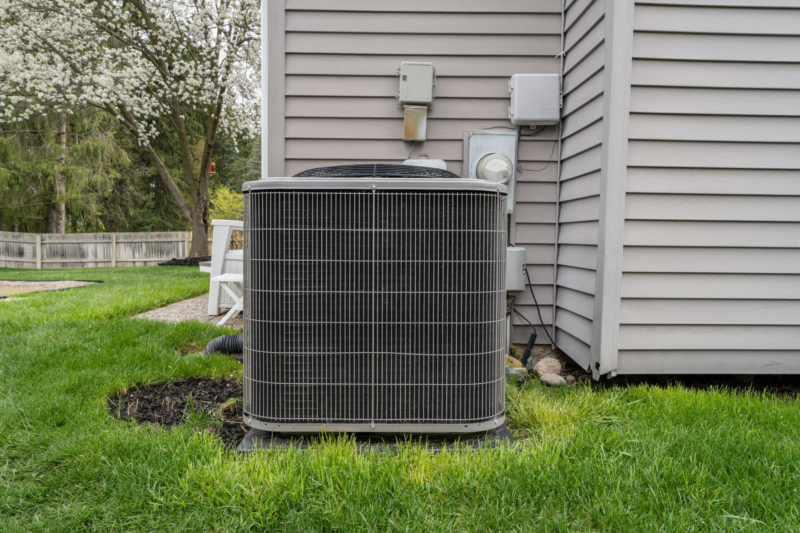In the hustle and bustle of daily life, it’s easy to overlook the quality of the air we breathe within the confines of our homes. As we spend a significant amount of time inside our homes, the importance of maintaining good indoor air quality cannot be overstated. In fact, according to the Environmental Protection Agency, indoor air can be 2-5 times more polluted than outdoor air – and sometimes even 100 times! After all, clean and fresh air is not just a luxury; it’s a necessity for our overall well-being. So, make sure love is the only thing in the air this Valentine’s Day. In this blog, we’ll explore the ways you can improve your air quality in order to promote a healthier living environment for you and your loved ones.
1. Ventilation Matters
One of the simplest yet most effective ways to improve indoor air quality is through proper ventilation. There are many ways you can ensure that your home has adequate ventilation. First off, when weather allows, open some doors and windows to allow fresh outdoor air to circulate. You can also consider investing in air purifiers and exhaust fans, especially in areas prone to high humidity or cooking odors. Last but not least, make sure to use exhaust fans when cooking. All of these things will help improve the ventilation in your home, and in turn, it will help improve your indoor air quality.
2. Keep It Clean
Want to maintain a healthy indoor environment? Well, regular cleaning is essential in doing so. Dust and allergens can accumulate on surfaces, carpets, and upholstery, contributing to poor air quality. Vacuum carpets and rugs frequently using a vacuum cleaner equipped with a HEPA filter. Wipe down surfaces with non-toxic cleaning products in order to minimize the presence of harmful chemicals in the air.
3. Go Green with Plants
While plants are aesthetically pleasing, that’s not all they’re good for! They can also act as natural air purifiers. However, you want to be careful about what plants you choose to use. Some plants can welcome mold growth or pests, and many potted plants have soil that harbors fungi or bacteria. However, certain houseplants, such as spider plants, snake plants, and peace lilies, can help filter out common indoor pollutants. Introduce these green companions into your living spaces to promote cleaner and fresher air.
4. Mind Your Humidity Levels
Maintaining the right humidity levels in your home is crucial for preventing the growth of mold and dust mites. Use dehumidifiers in damp areas, such as basements, and fix any leaks promptly. Aim to keep indoor humidity levels between 30-50% to create an inhospitable environment for allergens.
5. Choose Natural Cleaning Products
Numerous traditional cleaning solutions incorporate potent chemicals capable of emitting volatile organic compounds (VOCs), which contribute to indoor air pollution. Consider choosing natural and environmentally friendly cleaning alternatives, or craft your own using basic ingredients such as vinegar, baking soda, and essential oils.
6. Filter Your Air
Investing in high-quality air filters for your HVAC system can significantly improve indoor air quality. Consider choosing filters with a high MERV (Minimum Efficiency Reporting Value) rating. These filters can help capture smaller particles more effectively than traditional filters. You should also plan to regularly replace filters to ensure optimal performance. Most manufacturer’s recommend every 1-3 months, depending on the activity in your home.
Contact Complete Comfort For All Your Indoor Air Quality Needs in Jupiter, FL and the Surrounding Areas
Improving indoor air quality is a simple yet powerful way to show love and care for yourself and your family. By following these tips, you can create a home environment that promotes better health, enhances well-being, and ensures that love is truly the only thing in the air. Contact Complete Comfort today for all your indoor air quality needs.



